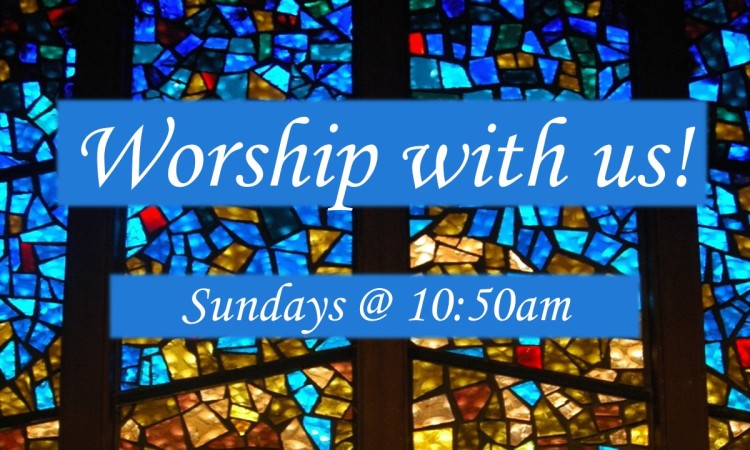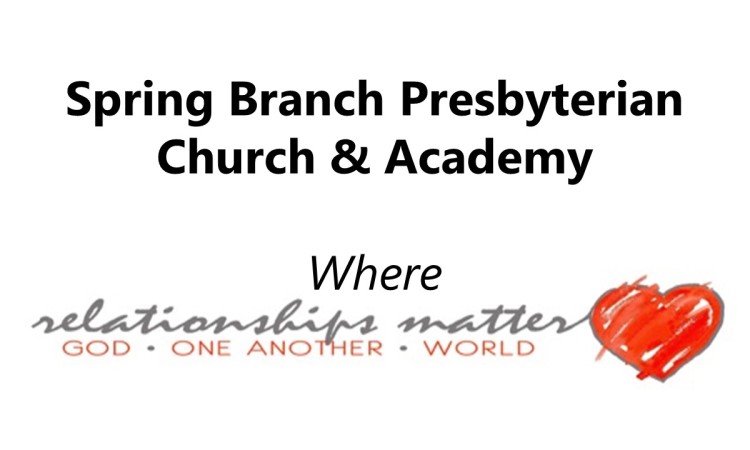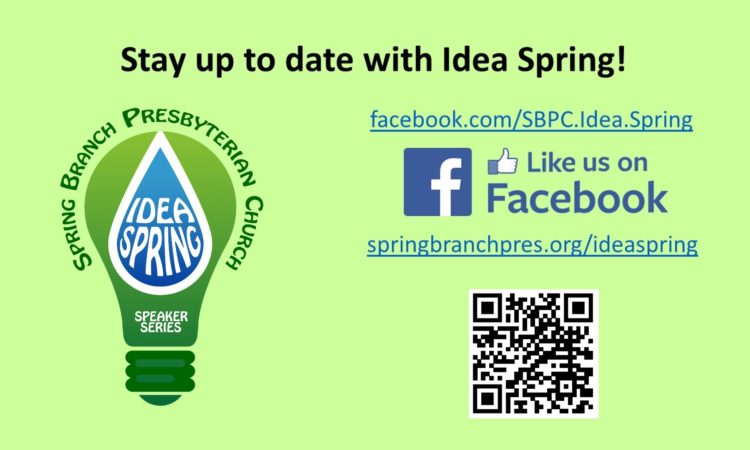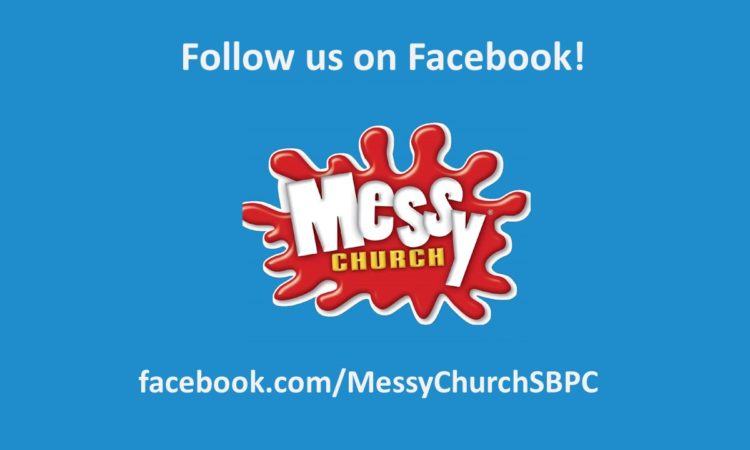My Heart Will Not Sit Down
“My Heart Will Not Sit Down”
preached by Laurey Murphy on June 13, 2013
I Kings 17: 8-24, Psalm 146, Luke 7:11-17
In 1931 during the Great Depression, the city of New York received a gift of $3.77 from Cameroon, Africa to help feed the hungry. It seems that there was a whole village moved by a little girl named Kedi whose heart would not sit down. Kedi had heard stories from her missionary teacher about his home village, New York City, where men and women could not find work, any kind of work. They were standing in long lines just for a piece of bread. Their children were going hungry. They were starving to death.
Not knowing any of these people far away across the “great salt river”, Kedi tells her mamma that her heart stood up and it would not sit down until she was able to do something for them. Kedi asks her momma but is told the reality that there is no extra money…not even a dime. Kedi goes to her neighbors about her heart but they all say no for there is no money to give. She even asks the headman of the village to help. But money is too scarce throughout the whole the village, and Kedi’s heart won’t sit down.
Something happens that night—who can say what—in the heart of that Cameroon village. The next morning, Kedi’s mother brings her one small coin saying that it really can’t be spared but she will do without it. Kelli is excited and can’t wait to give it to her teacher. But all day, Kedi is surprised because the whole village comes offering a coin from here and there to be sent across “the great river of salt” to help feed the poor in America. At the end of the day, everyone in the village had changed their mind and brought what they had to share. It was a grand total of $3.77.
Have you ever had a time like Kedi that “your heart will not sit down” until you do something to help? It is what happened when Jesus saw the widow in the procession to bury her only son. Jesus saw her and his heart would not sit down. In plain English, he had compassion. But our English doesn’t give the whole meaning of Luke’s use of the the Greek verb here— splagcnizomai. Nowhere else in the Bible, the verb is in the Gospels about a dozen times. It comes from a Greek noun for the heart, bowels, lungs, liver or kidney. Think about when we are touched by feelings; deeply moved; and how such can affect us physically: our chest tightens, our heart races, our stomach turns. Throughout the gospels, Jesus is a man of compassion…deep feelings. But the Greek here is not an adjective but a verb. Jesus doesn’t just feel but is moved to act…like the little girl whose heart will not sit down until she can do something to help.
Let’s look closer at what happens in this Gospel story. At the city gates of Nain, there are two groups approaching from opposite directions: one group is following life; the other is following death. A large crowd is following Jesus with his disciples into the city. A large funeral procession is carrying out a man who has died. He was his mother’s only son and she was a widow which means she will barely have the means to survive in that culture, in that day and time.
The two groups would have just passed each other by but Jesus connects with the lives of these people when he acknowledges the widow. He tells her not cry. He could have felt sad or sorry for her and kept on going. But instead he is moved deeply and reaches out to acts. He speaks to the widow out of compassion but does not stop just with words of comfort—instead he steps up to the dead. He reaches out and touches that of the dead man…Uhhhhhhhhhh! We can almost hear the collective gasp of the whole crowd for to touch the dead or any part of the dead like the wrapped clothes of the corpse or the coffin (if there is one) or even the stand carrying it was considered unclean, defiled, un-holy. Now you are unclean, defiled, un-holy for having touched it even if you are Jesus yourself! Everyone would step back from you and not come near unless they too would be made defiled, unclean, unholy.
Luke tells us that the bearers themselves stood still. They probably couldn’t believe anyone would intentionally do such…especially a complete stranger coming into town. Touching, Jesus then speaks, “Young man, I say to you, rise!”
It’s almost humorous when Luke tells us that the dead man sits straight up and begins to speak. Then Jesus gives the dead son now alive back to his mother.
It’s no wonder that fear gets a hold of them all…both groups now one in response to LIFE, glorifying God. The very words spoken could be practically the same response in our Old Testament story from the widow’s lips when Elijah brings her son back from death to life.
Here are two stories…two widows…two sons….and two men serving the one and the same caring God with Life given back from death. Both stories echo our Psalm that our God is the God who cares; the God who is moved deeply to act; the God of compassion; the God whose heart will not sit down.
We all love happy endings. It’s tempting to end our thoughts here about our God of compassion. But where was God in the midst of these storms ravaging across the U.S.? Does God really care in the midst of tragedies like the hotel fire killing four of Houston’s firemen? Where is God when we hurt? When there is death in our families? Is God’s love real? Is God real? This is a profound struggle which we cannot simply ignore.
We may not can understand all there is about God but we cannot forget this God of Compassion is the God of the cross …the Son who was crucified, the Father whose son was betrayed and condemned, and the Spirit surrendered in agony to the last breath upon the cross. Over and over again, in the midst of life’s tragedies, God’s goodness has been affirmed in the call that we believers hear. It is the call to reach out with mutual care and compassion in the face of suffering. Compassion is essential to life and to our faith. It is essential in the reality of the Triune God we know in Jesus Christ and throughout scripture. It is also essential to us created in God’s image. To be human is to have compassion.
This does nothing to explain why disasters occur and why people suffer. But it teaches us that because we are God’s people, we cannot forget or forsake one another. We are connected…we are connected deeply to one another and the world because of the God who created us to feel so deeply that our hearts will not sit down.
Thanks be to God!
My Heart Will Not Sit Down, Maria Rockcliff, 2012.









